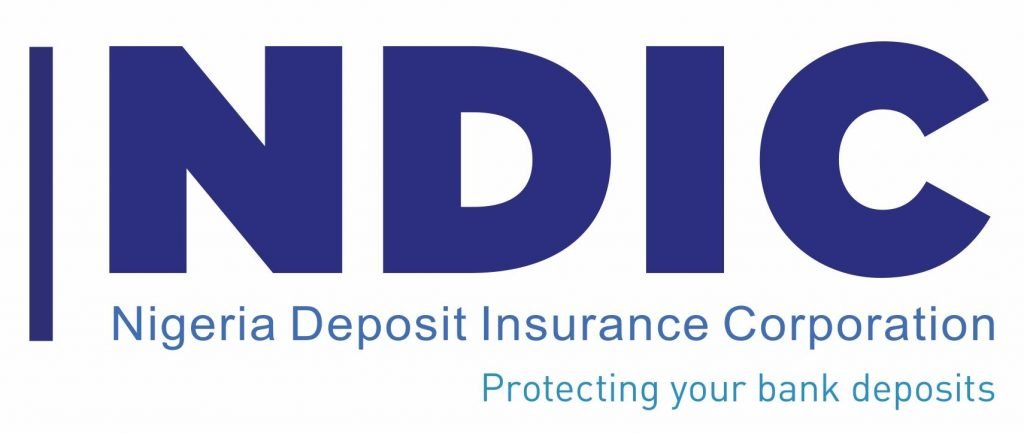The Nigeria Deposit Insurance Corporation (NDIC) has championed a critical initiative aimed at fortifying the financial acumen of Nigerian youth. Recognizing the pivotal role of financial literacy in fostering economic stability and individual prosperity, the NDIC has embarked on a mission to equip young Nigerians with the essential knowledge and skills required to navigate the complexities of personal finance. This proactive approach underscores the NDIC’s commitment to not only safeguarding depositors’ funds but also to empowering the next generation of financially responsible citizens.
The NDIC’s commitment to financial literacy was prominently showcased during its participation in the Financial Literacy Day 2025, held as part of the Global Money Week activities. This outreach program, specifically targeted at students of Government Secondary School Kuchingoro in Abuja, served as a platform to disseminate vital financial knowledge and cultivate sound financial habits among young learners. The program emphasized the importance of early education on fundamental financial concepts, including savings, budgeting, responsible spending, and investment strategies. By instilling these principles at a young age, the NDIC aims to create a foundation for long-term financial security and responsible financial behavior.
During the outreach program, NDIC officials articulated the corporation’s multifaceted mandate, highlighting its role not only in insuring depositors’ funds but also in bolstering public confidence in the banking system as a whole. The NDIC’s responsibilities encompass effective supervision of financial institutions, resolution of bank failures, and consumer education initiatives. This comprehensive approach underscores the NDIC’s dedication to maintaining the stability and integrity of the Nigerian financial system. The officials explained that the NDIC provides deposit insurance coverage to depositors of various licensed deposit-taking institutions, including commercial banks, microfinance banks, and non-interest banks. These coverage limits are strategically designed to protect the majority of small depositors, safeguarding their financial well-being and promoting financial inclusion.
The NDIC’s representatives emphasized that the corporation’s existence is predicated on several key objectives: protecting depositors, particularly those with limited financial knowledge; promoting sound risk management practices within financial institutions; and ensuring the overall stability of the financial system. By focusing on these core principles, the NDIC actively contributes to a robust and resilient financial landscape in Nigeria. The outreach program also underscored the critical importance of financial literacy among young Nigerians. NDIC officials highlighted the detrimental consequences of inadequate financial education, linking it to poor money management and increased economic vulnerability. They stressed that financial literacy empowers young people to make informed decisions about earning, saving, investing, and spending, enabling them to manage their resources effectively, avoid debt traps, and plan for a secure financial future.
The interactive presentation exposed the students to a range of essential financial concepts. They learned about budgeting techniques, the crucial distinction between wants and needs, and the various types of savings accounts available, including current, savings, and fixed deposit accounts. The program also provided an introduction to the fundamentals of investing, highlighting stocks, bonds, and treasury bills as potential avenues for long-term wealth creation. This comprehensive approach equipped the students with a broad understanding of financial instruments and strategies, empowering them to make informed financial choices.
Furthermore, the outreach program addressed the Central Bank of Nigeria’s cashless policy, explaining its transformative impact on financial transactions through digital platforms. The students were encouraged to embrace safe and efficient financial practices in line with the evolving digital economy. This segment of the program reflected the NDIC’s commitment to keeping young people abreast of the latest developments in the financial landscape and equipping them to navigate the digital age of finance responsibly. The NDIC officials emphasized that the corporation’s approach transcends its supervisory functions, extending to the promotion of financial literacy as a catalyst for inclusive growth and economic resilience. By empowering individuals with financial knowledge, the NDIC aims to create a more financially stable and prosperous society.
The NDIC’s financial literacy initiatives represent a crucial component of its broader strategy to reach young Nigerians in schools, equipping them with the necessary skills to overcome financial challenges and contribute meaningfully to Nigeria’s economic development. By investing in the financial education of the younger generation, the NDIC is laying the groundwork for a more financially secure and prosperous future for the nation. Global Money Week, a global campaign spearheaded by the Organisation for Economic Co-operation and Development (OECD), provided a fitting backdrop for the NDIC’s outreach program. This international initiative aims to raise awareness about the importance of financial education, highlighting its crucial role in empowering individuals and fostering economic stability. The NDIC’s active participation in Global Money Week underscores its commitment to this global movement and its dedication to promoting financial literacy in Nigeria.


